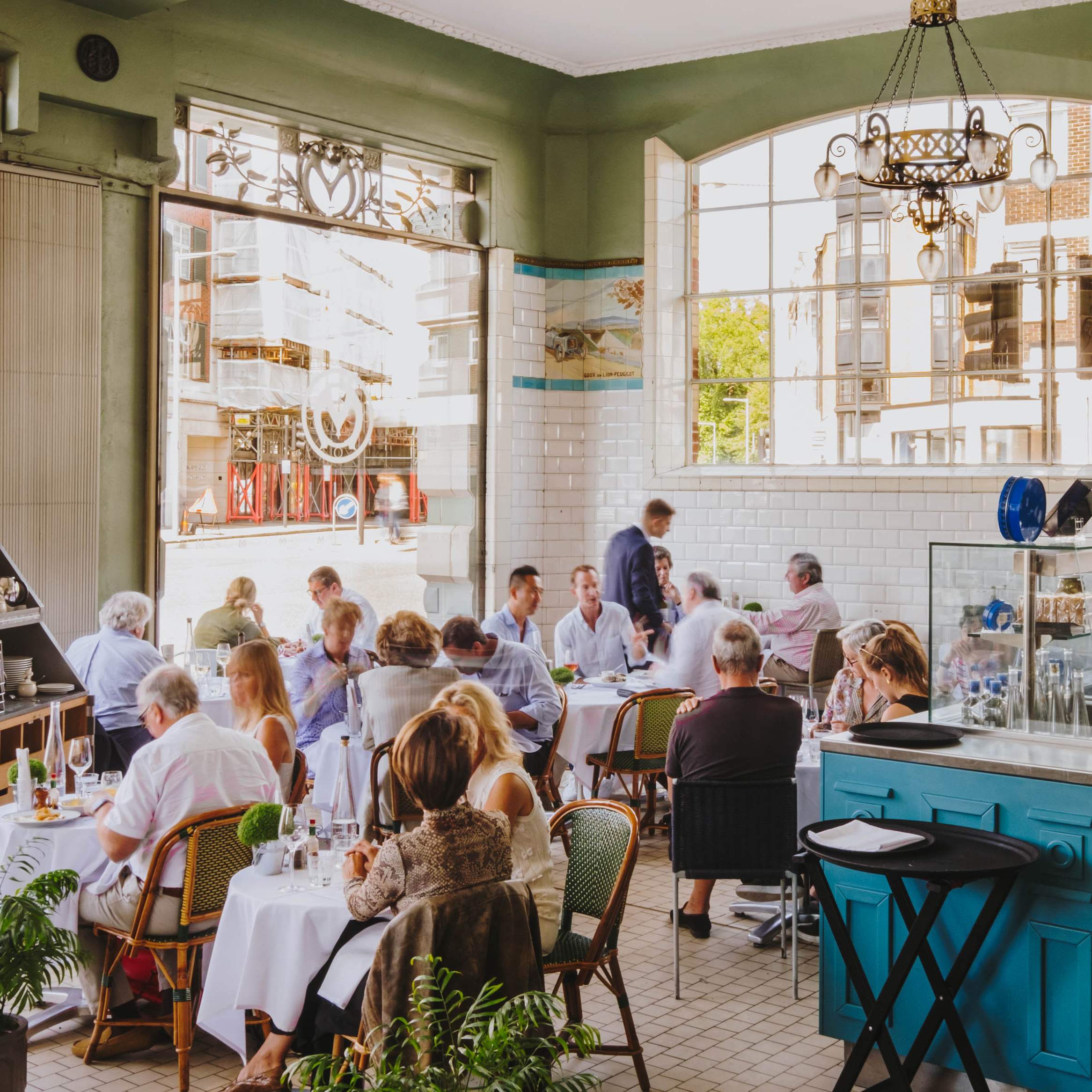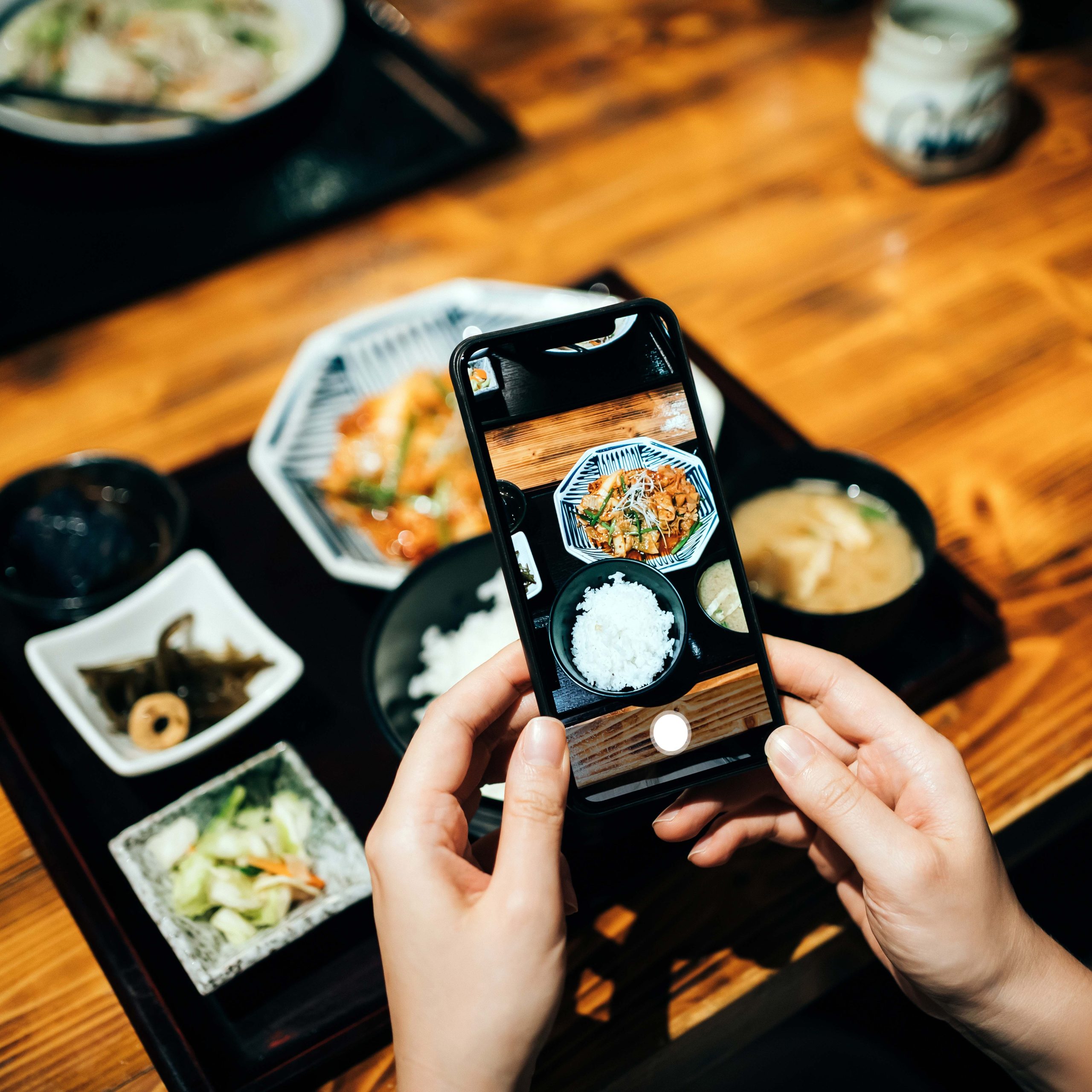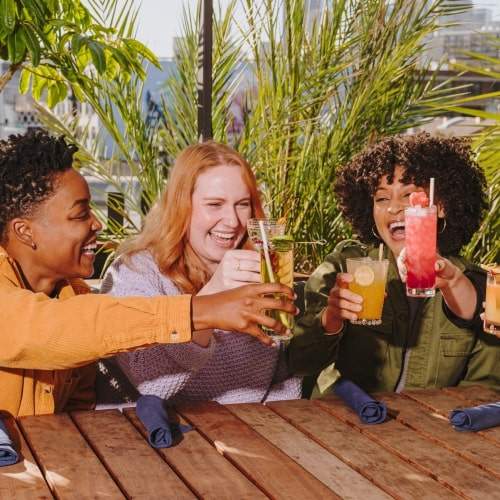Restaurants are only as successful as their relationships with guests. That’s why more restaurant owners are turning to restaurant CRM (customer relationship management) software to deliver better dining experiences.
If you’re considering adding restaurant CRM software to your toolkit, you’re in excellent company. Many of the biggest names in hospitality now depend on it to delight guests and keep them coming back.
Here’s what you need to know about restaurant CRMs and how using one could benefit your business:
Quick links
What is a restaurant CRM?
Why do you need a restaurant CRM?
What are the benefits of using a restaurant CRM?
Know guests on a deeper level
Offer better hospitality through personalisation
Get better feedback
Turn one-time guests into regulars
Marry off-premise and on premise intel
Run more targeted marketing campaigns
How to choose a restaurant CRM
What is a restaurant CRM?
At the most basic level, a CRM is a souped-up database of information on all past customers. It includes guests’ email addresses and phone numbers and it records the details of when a guest last visited the restaurant, how much money they spent, and what they ordered. If there’s a customer loyalty program, those details should have a home in the CRM as well.
The two main things a restaurant can do with a good CRM are improving the customer experience and making marketing efforts more effective. To accomplish these goals, the right CRM solution must integrate with your POS (point of sale) system.
As you shop around for a CRM, be aware that the most popular ones out there (Salesforce, Zoho) aren’t designed with hospitality in mind. Restaurants benefit most from a CRM that’s designed specifically for them.
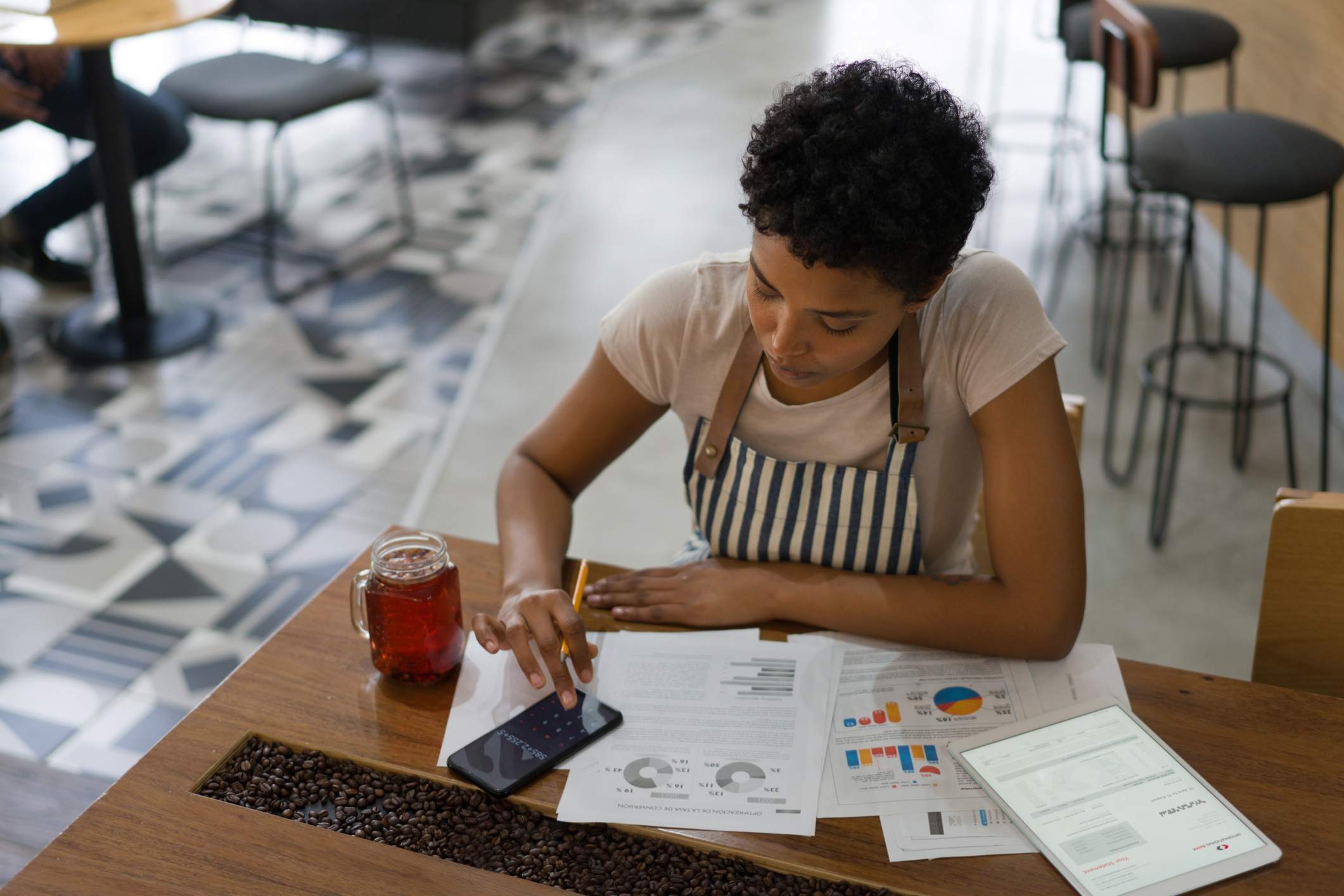
Why do you need a restaurant CRM?
Many restaurants have a hospitality genius on staff who seems to memorise everything about all of the guests. This person’s amazing brain was the original CRM. But when they go on holiday or even move on to a new job, the restaurant is without this essential knowledge. Technology can come to the rescue in this scenario
Think of a CMS as a way to get these details out of the brains of fallible human beings and into the cloud, where it can be accessed by a newbie server on their first day. With this rich store of information at the team’s fingertips, it takes minutes not years to offer personalised hospitality to anyone who has dined with you before. That’s the power of a restaurant CRM.
What are the benefits of using a restaurant CRM?
Benefits go beyond having a simple record of facts and figures about guests. Let’s take a look at some of the most important perks of using a restaurant CRM.
Know guests on a deeper level
It’s not just dry guest information that goes into a CRM. To make the most of it, team members should record colourful details about guest behaviour.
Guest notes allow you to know people on a level beyond food and drink. Rich guest data gives you a portrait of a guest over time. Imagine a guest tells a server about a trip to their hometown, you could seat them on a future visit with a server who also lived there. If someone has a known preference for a corner booth, they can be intentionally sat there until it becomes “their” booth.
These small gestures make people feel known and bring them back for future visits.
Offer better hospitality through personalisation
A good restaurant CRM lets the team personalise service for each guest. If someone prefers sparkling water, servers can bring it to the table without asking during future visits. If a guest has a sweet tooth and always orders dessert, servers can tell them about any dessert specials right away instead of waiting until after entrees have been cleared. If a regular is fond of dessert wines and after dinner drinks, you can give them a bit of extra time at the table to order these extras without feeling rushed.
Knowing guests order history at this level of detail is essential for personalised service, and a CRM puts it at your fingertips.
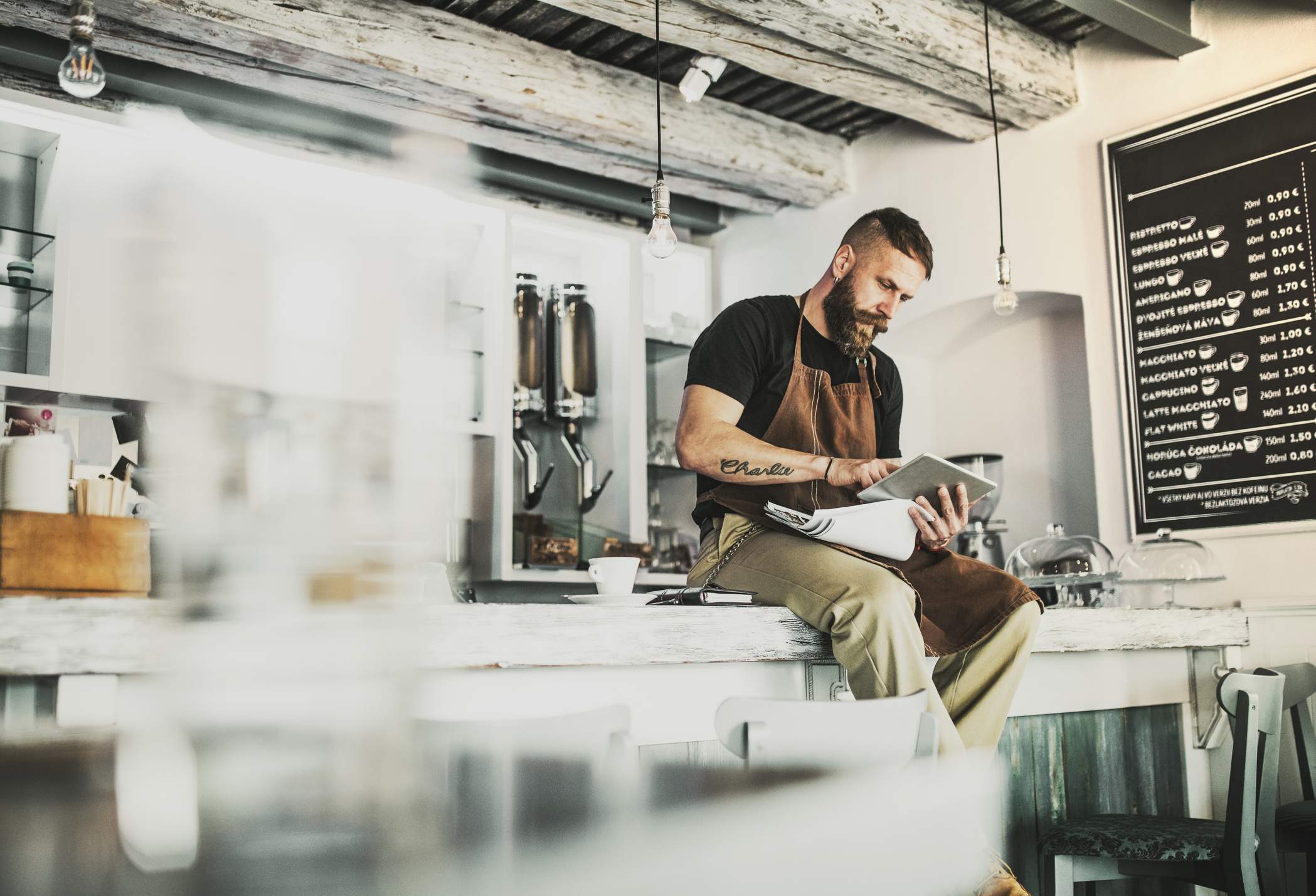
Get better feedback
If a restaurant CRM provides you a single place to manage online rating and reviews, that’s an excellent way to stay on top of what people are saying. It’s a chance to strengthen customer relationships.
When you reply to a review, good or bad, you’re building a connection with someone. You have the chance to make missteps right. This kind of CRM is also a treasure trove of feedback you can use to improve service because it helps bring patterns to light.
When a CRM measures server performance, it makes small issues apparent so you can fix them before they become problems. Double down on what the team is doing right with positive reinforcement. Give team members specific feedback on improving their performance and guest happiness.
Turn one-time guests into regulars
All of these enhanced moments of connection and highly personalised service make for a better customer experience. And ultimately that’s what brings people back through the door.
It’s often less costly to encourage existing customers to return than to attract new ones. Harvard studies have shown that the cost of acquiring new customers can be five to 25 times higher than the cost of retaining existing ones.
That’s because regular guests will act as your mouthpiece, recommending your restaurant to new diners.Research from HubSpot indicates that 81% of people trust recommendations from friends and family more than those from businesses. Your regulars are a top-tier customer acquisition channel for your restaurant.
Regular customers also tend to purchase and spend more. As per a study by Paytronix, loyal customers, including those enrolled in loyalty programs, spent over double on takeaway in 2020 compared to non-loyal customers. There is a clear financial benefit of having a loyal customer base that’s powered by your restaurant CRM.
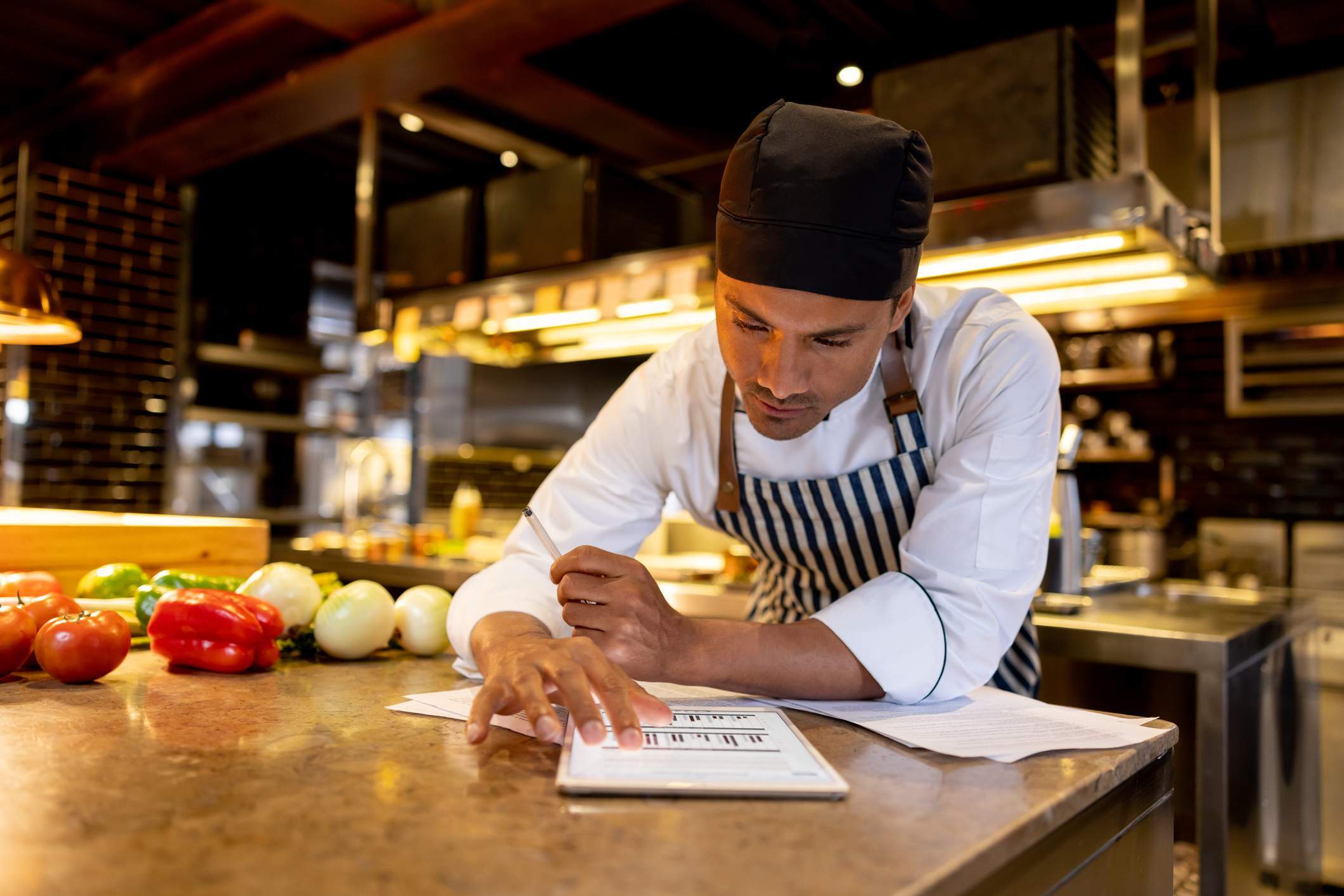
Marry off-premise and on premise intel
These days, many customers are just as likely to order takeout or delivery as they are to visit the dining room. Plenty of regulars dine in sometimes and takeout at other times, depending on their schedules. A restaurant CRM, combined with digital ordering, ensures that online ordering data is captured in a single guest profile so you can personalise service whether someone dines on premise or off.
Run more targeted marketing campaigns
Guest relationships happen both inside the restaurant and while people are away from the restaurant. Keep a good thing going in between visits by staying in touch with guests via email marketing.
Restaurant CRMs empower restaurants to make marketing automations more effective (and more welcome) by making them highly personal. Slice and dice customer data to target specific segments with offers and information that appeals to them.
For example, you can invite the most enthusiastic wine connoisseurs to an upcoming wine pairing dinner. Target guests who haven’t been to the restaurant in a while with a “We miss you” campaign. Send regulars a special offer to celebrate their birthdays the month before it happens. All of these targeted messages work better than mass emails sent to the entire list.
How to choose a restaurant CRM
CRMs in general can be more complex than other types of software. So when selecting a restaurant CRM, consider its ease of use–your team should be able to navigate it without taking too long to get to grips with it.
Look for a CRM that offers robust data analysis, so you can understand customer behaviour and preferences better. It should also integrate seamlessly with your existing systems, like your POS, to provide a holistic view of your business.
Additionally, think about the CRM’s scalability. As your restaurant grows, your CRM should be able to adapt and grow with you. There’s no point changing the CRM every time something changes at your restaurant.
Finally,focus on customer support. A reliable CRM provider will offer timely assistance when you need it so the CRM keeps your restaurant operations running smoothly. Making the right CRM choice will help streamline your operations and personalise your customer service, which ultimately leads to more guests and increased revenue.
Customer relationship to the max
The right CRM can make every team member just as knowledgeable as your longest tenured super server. Whether or not you have someone who seems to know every guest like a best friend, adding a CRM to the toolkit can dramatically improve your personalised hospitality and marketing efforts.


